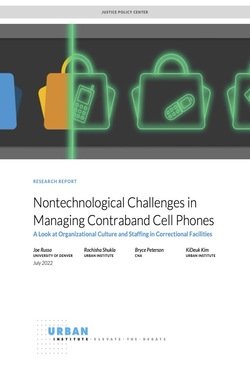By Ujjwal Kumar Singh
From the general editor’s introduction: “….The essays are also intended to be fairly detailed and empirical in emphasis, so as to stand in regard to the introduction in something of the relationship of evidence to interpretation. The project is directed both at specific problems and at a number of fundamental debates on the nature of discourse; and yet it is not intended primarily to generate new theory but rather to make its contribution by approaching questions from a new direction. Part of the dissatisfaction which lies behind the project is with Eurocentric terminology. This is not because we deny the possibility of there being any universal terms, nor because we think all knowledge produced by Europeans essentially the same and equally corrupted by power. It is because we are impressed by the need to avoid all essentialism, and by the importance, both intellectually and in practical situations, of an appreciation of difference. It is because we are uncertain how large categories may properly be constructed. Similar concerns are expressed in various ways in many disciplines, and constitute a crisis of interpretation…”
Delhi. Oxford University Press. 1998. 313p.



